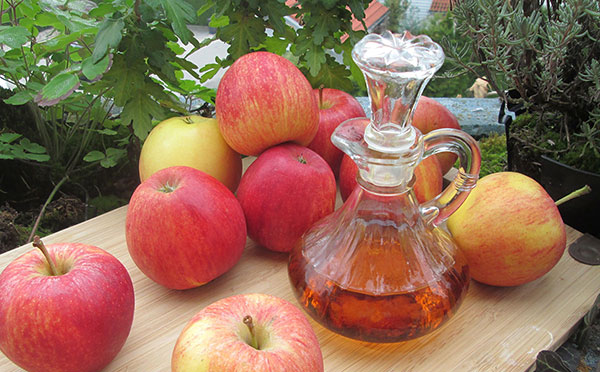Season 1, Episode 2
Is Paleo Better?
Are "paleo" diets more natural and better for us?
We've all got that friend who's just a little too passionate about their "paleo" diet — a fad that encourages a rejection of modern foods and an embrace of foods they believe are more similar to what our paleolithic ancestors ate. They believe such a diet is inherently healthier, and that our modern diet is inherently unhealthy.
Now if you've read up on this, you probably learned very quickly that the paleo diet is based on a false assumption: that it's even possible to eat a paleolithic diet. First of all, there was no single paleolithic diet; people in every geographical region ate very differently from one another, depending on what few things were available. And second of all, virtually none of those things are available today.
Today's vegetables are palatable thanks to thousands of years of selective breeding; paleolithic versions were tiny, dry, bitter, and often little more than stripped bark. Game meat didn't go very far; most of the calories from hunted game came from eating organs like brains, stomach, kidneys, and eyes. The rest of their diet was roots, plus insects like grubs and roaches, and small game like mice, lizards, and frogs.
The people today who claim to eat a paleo diet are really just avoiding certain grains, certain ingredients like added sugar and butter, and avoiding processed and prepared foods. It's basically just a highly restrictive diet that happens to favor animal protein over vegetable protein; and if you conform to nearly any restrictive diet, you're likely to lose weight, and to be hungry a lot. There is nothing magical, or nutritionally desirable, about trying to conform your diet to some author's concept of paleo.
Try to remember the most basic and important diet fact: Human beings are omnivorous. We can live quite well on almost any reasonable diet. We see this in modern hunter-gatherer cultures: from the Masai, whose staples are blood and milk; to the Inuit, who live on blubber and meat; to the nuts and seeds eaten by the Bushmen.
It's easy to be a little too passionate about your diet. Orthorexia nervosa is a pathological and unhealthy obsession with eating foods you think are "right" and avoiding foods you think are "wrong". Don't go there. Relax a little. Tend toward more vegetables and fruits. Tend toward less sweets and fried food. Don't overeat. Beyond that, enjoy yourself — and steer well clear of diet neurosis.
References
Bar-Lev, R. "Is the Paleo Diet a Fad Diet? A Non-Biased Analysis." Passionate Fitness. Passionate Fitness, 1 Oct. 2010. Web. 14 Sep. 2011
Smith, P. "GOOD Asks the Experts: Is The "Paleolithic Diet" Really Better?" Good Food. Good Worldwide, LLC, 6 Mar. 2011. Web. 26 Sep. 2011
Jabr, F. "How to Really Eat Like a Hunter: Why the Paleo Diet Is Half-Baked." Scientific American. 3 Jun. 2013. Web. 5 Jun. 2016.
King, B. "The Paleo-Diet: Not the Way to a Healthy Future." Cosmos & Culture. NPR 27 Oct. 2011. Web. 5 Jun. 2016.
University of Melbourne. "Paleo diet is dangerous, increases weight gain, diabetes expert warns." ScienceDaily. ScienceDaily, 18 Feb. 2016. Web. 5 Jun. 2016.




